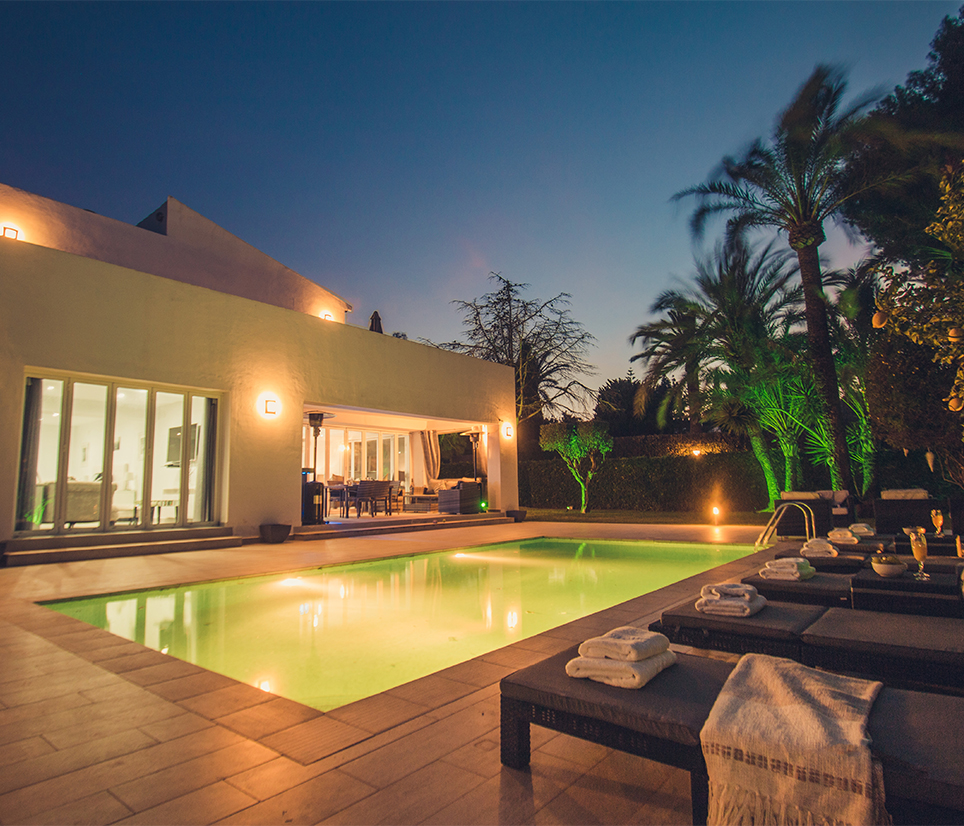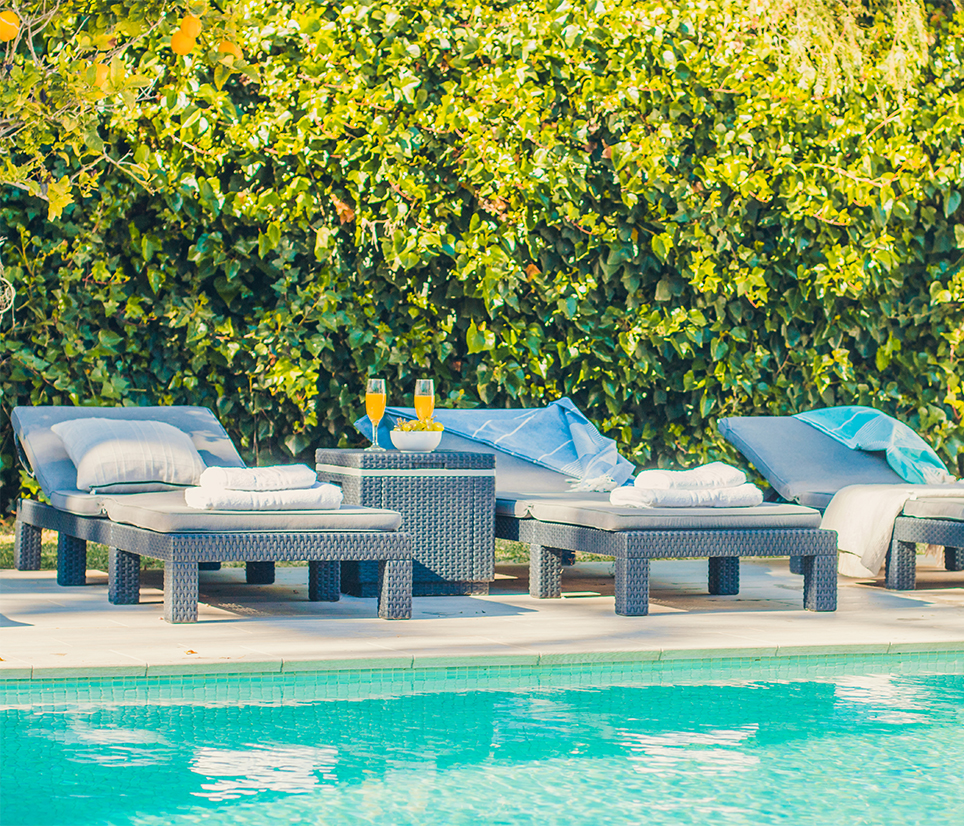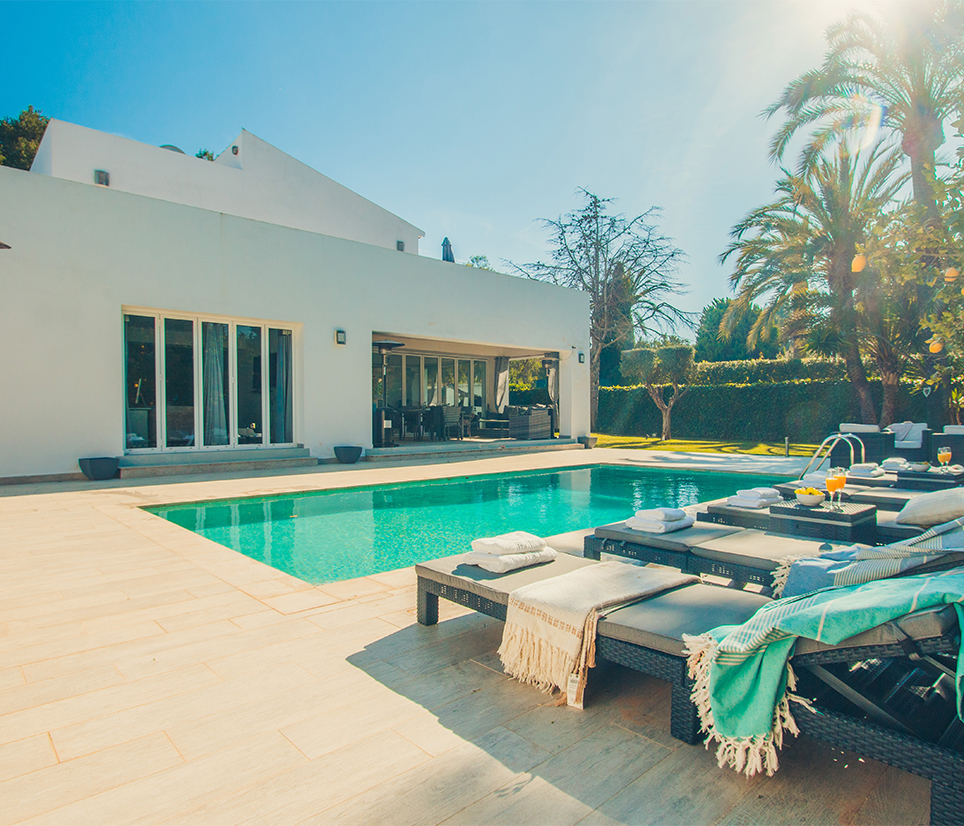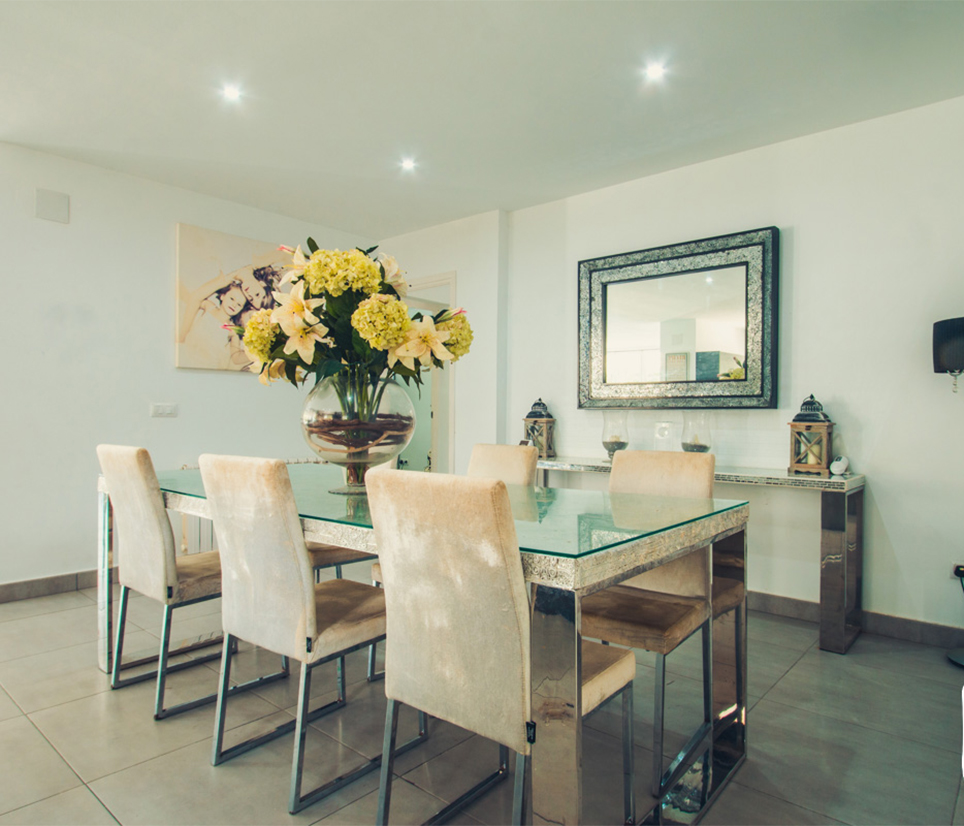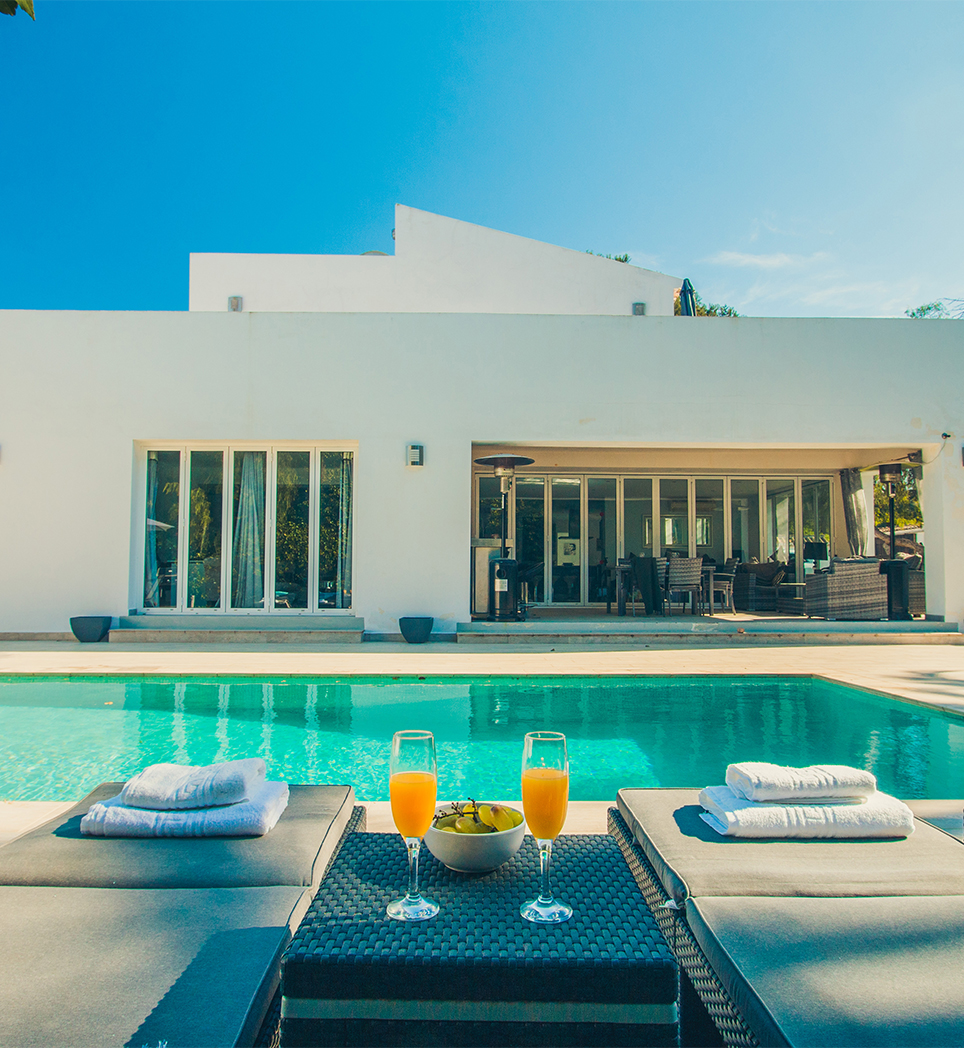The investment.
Every small or large saver has ever thought of investing their savings in a second home, because it is an asset that has a series of advantages unlike other assets (financial, for example, or artistic) that entail knowledge that not everyone world drives.
Among the advantages of acquiring a second home are roughly:
- It is a tangible good, that is to say, it is not a book entry that floats in the telematic space of the world's computers and monitors.
- We can make use of the property itself on our vacations or even let our relatives use it.
- We can obtain some interesting income: income from rental or assignment, or capital gains from the transfer of the property title in the future.
- It is a "pension plan" for our retirement: an interesting way of forcing ourselves to save periodically (if it exists through external financing, that is, a mortgage) to consolidate consolidated rights in the future. These consolidated rights, that is, the market value of the property, will depend on many exogenous factors such as the area where the property is located, the economic cycle, legislation...
